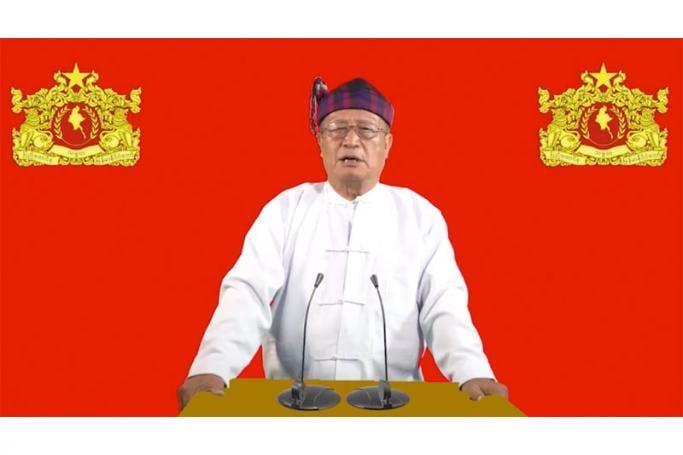Mizzima
The Norway-based Peace Research Institute Oslo (PRIO) recommends three forms of priority support from the international community, including recognition of the National Unity Government (NUG) and strengthening its legitimacy at home and internationally, to eventually ensure stability in Myanmar.
In its analytical report entitled, “Myanmar’s Interrupted Transition: The Democratic Instinct Survives”, the PRIO also warns of possible scenarios if there is a failure to develop democracy in the country.
One scenario is the possibility that the “military remains in power”. Under these circumstances, the opposition would not control large areas of the country and/ or deliver basic public services, then Myanmar could become “Balkanized” and ungovernable, leading to a human development catastrophe within the country and regional instability.
Another scenario is that the “military is pushed from power”, but no viable political alternative to guide the transition to a new political framework emerges. This situation is similar to the “Arab Spring” in Egypt. After this movement emerged, an authoritarian regime was dislodged but the opposition lacks the institutional capacity and governing vision to consolidate power, allowing for another return to authoritarian rule, or a situation of fragmentation and instability.
However, the PRIO made some recommendations to avoid such unfavourable scenarios, calling for the three forms of priority support from the international community, while the opposition consolidate as a credible governing alternative, able to guide opposition actors to a new political accord on Myanmar’s future.
The report highlighted three ways the international can provide support.
First and foremost, they suggest the recognition of the NUG, to strengthen its legitimacy, at home and internationally, while depriving the military of such legitimacy.
Secondly, to increase the support to the NUG and ensure that such support strengthens communities, reinforces unity and avoids fomenting divisions.
Thirdly, they suggest the international community take further actions that starve the military of financial resources and weapons, including enforcing sanctions against the regime and crony companies.
The report was co-written by Andra Mong Mao, who is a political analyst, specializing in Myanmar’s ethnic and sectarian armed conflicts, civil-military relations, and China’s growing role in Myanmar, along with Marte Nilsen, who is a senior researcher at PRIO.
In their analytical report, the authors said that after the 2021 coup, the military has faced a credible challenge to its dominance from a new multi-ethnic political and military alliance, and the military’s ability to control the political and economic affairs of the country appeared to be declining. Meanwhile, unity within the opposition is fragile, and it still lacks the strength needed to overcome the military’s advantages in controlling state institutions and resources.
The report mentioned that the military does not have effective control over territory or population, and its position is not sustainable, while taking increased casualties, defections and desertions in recent years, and has failed to recruit sufficient numbers of troops to replace those losses.
The report says that the anti-military opposition groups have strong confidence to end the dictatorship as they pursue their Spring Revolution – sparked by the military’s illegal takeover of the government in the February 2021 coup.












